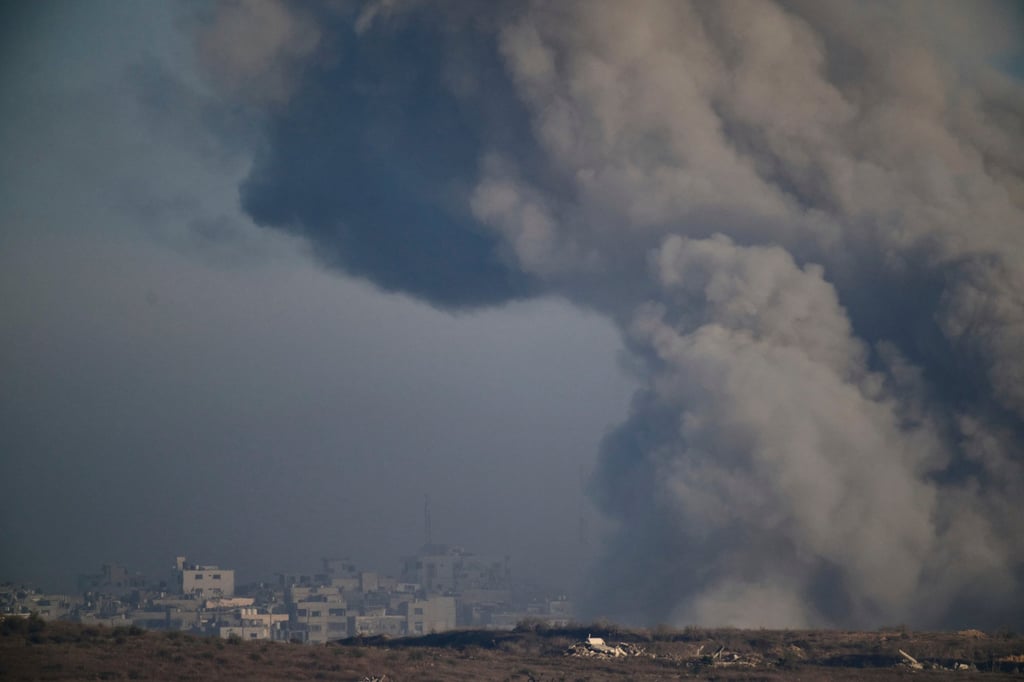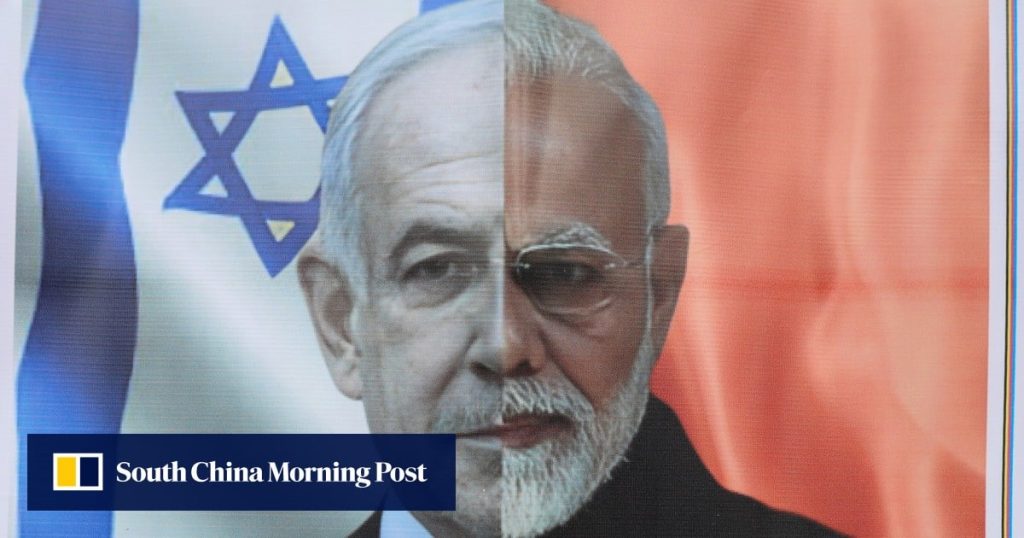The architects of the US-backed IMEC, envisaged as a bridge linking India to Europe via the Gulf and Israel, have found themselves mired in deepening discord.
Instead of capitalising on the corridor’s transformative economic potential, analysts say its stakeholders are increasingly at one another’s throats, jeopardising what was once hailed by Washington as a landmark in multilateral cooperation.
Central to the IMEC vision was the United Arab Emirates, whose relationship with Israel has rapidly broken down in recent months amid the prolonged bloodshed – and famine – in Gaza.

The diplomatic warmth that followed the US-brokered Abraham Accords in 2020 has all but evaporated. Tensions flared anew after Israel announced plans in early September to annex the West Bank, prompting top Emirati diplomat Lana Nusseibeh to declare that the accords had been “overturned” by both Hamas and Israel’s far-right extremists.
Matters worsened this week when Israel targeted Qatar’s capital with air strikes in a failed bid to assassinate Hamas representatives involved in Gaza negotiations. The bombing of a fellow member of the Gulf Cooperation Council drew an immediate and forceful response from the UAE, whose president and senior ministers travelled to Doha to express solidarity with Qatar and outrage at Israel.


